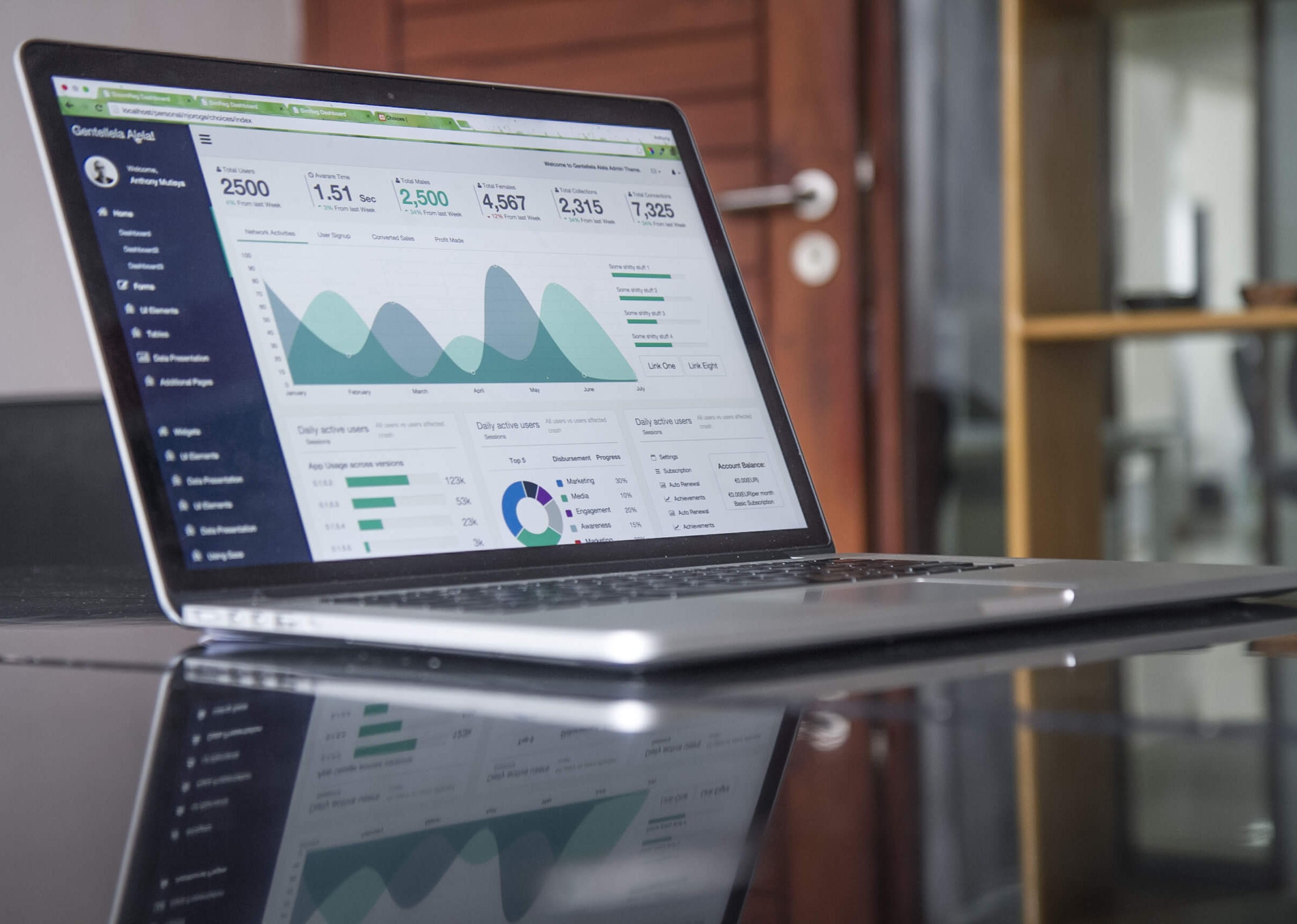
Whether you have been into the data science field or just entering, I believe you will significantly benefit from this article in many ways. We first outline the importance of the data science field, then we discuss different types of organizations, highlighting the importance of being data-driven. Then we talk about the demand of data scientists, and their skills; emphasizing the dynamicity of the field and the need for continuous learning. Then we dive deep into different routes available for you to become a data scientist or take your skills to the next level.
You must have heard about the fact that Data Science is the sexiest job of the 21st Century and might be wondering how come, it is so overhyped? Why is everyone talking about it? Even after the pandemic, people started to talk more about it and use data science techniques to analyze data. Some got it right, and some got it wrong; that is any way out of scope to our discussion here.
Undoubtedly, data and AI is the fastest growing industry with multi-billion dollar potential. Consequently, every organization is trying to make the most out of it. There are three types of organizations.
1) which have the data and they would like to get insights out of it,
2) the ones who have the skills, and can gain insights and help businesses become data-driven. The ones which are providing data science skills, experts, and consultancy services,
3) the ones who provide specialized platforms to support the organizations in achieving their data-related objectives.
You may see some organizations having a blend of these skills together. However, these are the capabilities that businesses need to become data-driven. Considering the costs and associated ups and downs, some companies may develop their capabilities or outsource them.
Different types of organizations and their dire wish to become data-driven dictates the high and urgent demand for data scientists and Machine Learning engineers. They are the ones, which would in the end crunch the numbers and make sense of them and uncover hidden insights in the data for the businesses.
With all the exciting and wide range of opportunities being available for data scientists, getting yourself skilled and becoming acquainted with data science is a great way to show your competitive edge and prove your value for the business. Data Science is a very complex, dynamic, and continuously evolving field, which makes it challenging as well as exciting. The skills needed, languages that you can leverage to build data science and machine learning pipelines, libraries, frameworks, tools are constantly changing and maturing — this asks for nothing more, nothing less than continuous learning.
Let’s discuss the different options and paths available for you to become a data scientist and (if you are already a data scientist) what to do more to achieve the next level of expertise.
1. Degree
There are several universities providing degrees (Master Level) or postgraduate level courses in data science under different names such as data analytics, machine learning, data science, business analytics, to name a few. There are also various online (remote) alternatives available. One has to evaluate them according to their circumstances, suitability, and affordability. It is up to you to choose a college or an online, in the case of online studies, you do not have to relocate, but costs might still be high, depending on the program that you choose.
2. Data Science Fellowship Programs
There are many institutes, companies, or startups offering several months hands-on fellowships, which give you the possibility to do hands-on assignments focusing on solving a business problem for one of the partners (or sponsor)of the institute/fellowship. It is an excellent opportunity for both the business and fellows to see if they fit for each other in the longer run, and in short-run companies get their problem solved while you as a graduate get the hands-on experience for a real project.
3. Learning through online platforms (MOOCs)
Many online sites are offering courses that you can take to become an expert in the art of data science. I call it art and science because it involves both of them; solving business problems is an art, and solving it using data science, as its name suggests, is science. And you need both; only one would not suffice in today’s job market.
There are many online platforms offering courses in data science; some of the providers include Coursera, Edx, DataCamp, Udacity, Udemy, and many more. Also, many universities are offering online courses and specializations through these platforms. These programs are economically feasible for pretty much everyone, and you can take them at your own pace, which helps the student to grasp the concept and still do the whole course. It is up to you to decide for an individual course, a micromaster or a nano degree program
In addition, there are a few hands-on projects, which help you to see a step by step guideline on how to build a project for a business problem.
4. Doing hands-on projects
This centres around taking it on your own, taking the control in your own hands, and steering it yourself. Although this is true for all other cases but this is more true and much needed in this case. You have to start with one hands-on project and scale it up and sideways for application scenarios, algorithms, etc.
5. Reading books
Especially for those who love reading, to learn a concept, and then implement or master it. It is also an excellent way for many, but maybe not for all; It takes time, and you might be lost when it comes to doing hands-on. I would recommend this only once you have the necessary hands-on experience and know the fundamentals. And in today’s agile and fast-moving world, I would emphasize to start with any source that you like and combine it with others as you go along. There is no one silver bullet.
6. Medium
There are a plethora of articles on almost every subject on Medium. They are usually not very long, and this helps in many ways to keep you focused, to get going by achieving valuable and useful knowledge, and get it implemented and turn it into something that sticks. To be able to use this platform, you can either create a free account or a paid/member account. Then the next step is to look for articles in top publications such as TowardsDataScience and TowardsAI. I usually publish my articles in these publications.
One great way to learn Machine Learning (and anything else, of course) is to write about what you have learned. You could also become a writer on Medium, and submit your stories about Data and AI to this publication here.
7. Kaggle and other competitions
Many people nail down technical concepts by joining competitions like Kaggle and others. It is also a great way to put yourself into a framework of discipline, following the deadlines, being challenged, and achieve something which, in addition to you mastering on concepts, gives you monetary benefits, gets you the recognition that you can claim for your fame. Of course, It does not happen overnight, it takes time, and everything does, so be patient and persistent in whatever you do.
8. Youtube Videos
You can also learn data science by following on YouTube. There are many courses or subject specific, both short and long videos that you can quickly serach and skim through.
Overall you are the one who knows yourself the best, what works for you, and what does not? You know the things about you which you might be reluctant to share with others but would help you to decide which option (or combination of them) would suit you the best. Let me raise some questions here, which might help you to think, plan, and execute your journey to become a data scientist.
Should I consider an online or face to face program?
What are the advantages and disadvantages for each of them in consideration with my particular scenario, life situation, monetary and other aspects?
Can I combine them with my current job, or shall I take a break and join an onsite fellowship?
What are the concepts that I know well, and what do I need to master, or should I start from scratch?
Are there any pre-requisites? Do I need to learn a programming language first, for example?
What is the time commitment required?
What is the required cost contribution on my behalf?
Think about these questions and others and try to answer them for yourself to evaluate the best way for you to learn and master data science.
By Chan Naseeb
Keywords: Analytics, Big Data, Digital Transformation

 The Architectures of Permanence: A Comparative Analysis of the "Big Three" AI Strategies (2026)
The Architectures of Permanence: A Comparative Analysis of the "Big Three" AI Strategies (2026) Friday’s Change Reflection Quote - Leadership of Change - Change Leaders Enable Generational Advancement
Friday’s Change Reflection Quote - Leadership of Change - Change Leaders Enable Generational Advancement The Corix Partners Friday Reading List - February 27, 2026
The Corix Partners Friday Reading List - February 27, 2026 What Leaders Should Be Losing Sleep Over (But Aren’t)
What Leaders Should Be Losing Sleep Over (But Aren’t) Energy System Resilience: Lessons Europe Must Learn from Ukraine
Energy System Resilience: Lessons Europe Must Learn from Ukraine